Fall From

Julia Chevan leads us into her experience of a concussion through her moving and intimate poem, revealing the challenge of recognizing a new reality on the road to recovery.
Constellation Syndrome

In this exquisite poem, Sophie L. Schott conveys the language that envelops a mother and her infant son, surrounded by complex medical equipment and imagining another narrative, a life not “seen through the telescope of sickness.”
Communicating in the Silence: Mental Health and Cultural Considerations in the Deaf and Hard of Hearing Population
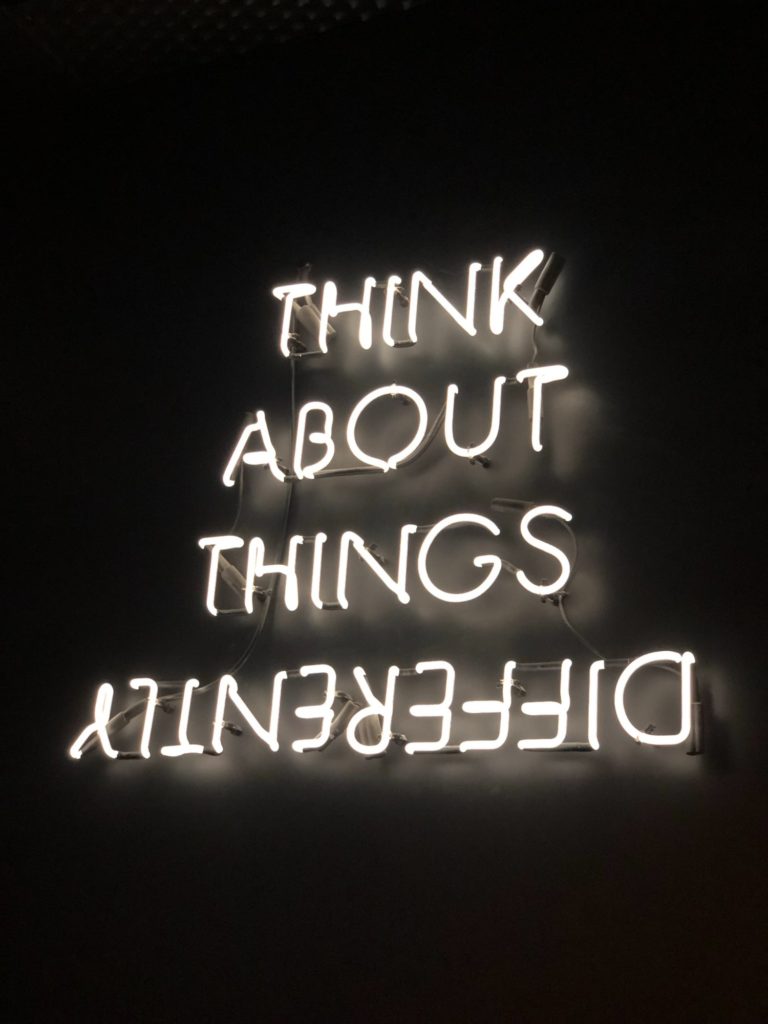
“Communicating in the Silence” focuses on the challenges that deaf and hard-of-hearing (DHH) patients can face when seeking mental healthcare. Marcela Almeida and Katherine Kosman detail the barriers to care of one DHH young man, whose “medical diagnosis and treatment path were substantially changed by a more careful assessment that considered the unique aspects of the DHH population.” The authors’ recommendations for the future include an argument for greater use of Certified Deaf Interpreters in healthcare.
Fall 2020 Resources

Download the article (pdf) Table of Contents What We’re Reading Happiness is a Choice You Make by John Leland Aging is something that we, as a society, tend to see in a negative light—a period of life when everything deteriorates, including our value to society. We fear that we will no longer be able to […]
JHR Special Edition 2020 Summer Newsletter
Download the article (pdf) “If I ever write my autobiography, I’m going to title it: ‘I was born colored and crippled but now I’m black and disabled.’” — Kate Gainer At JHR, we believe the humanities serve a fundamental role within healthcare to address uncertainties and offer opportunities to reimagine a more equitable and just […]
How Art Embodies Story: An Exploration of Basquiat Through a Physically Integrated Dance Performance
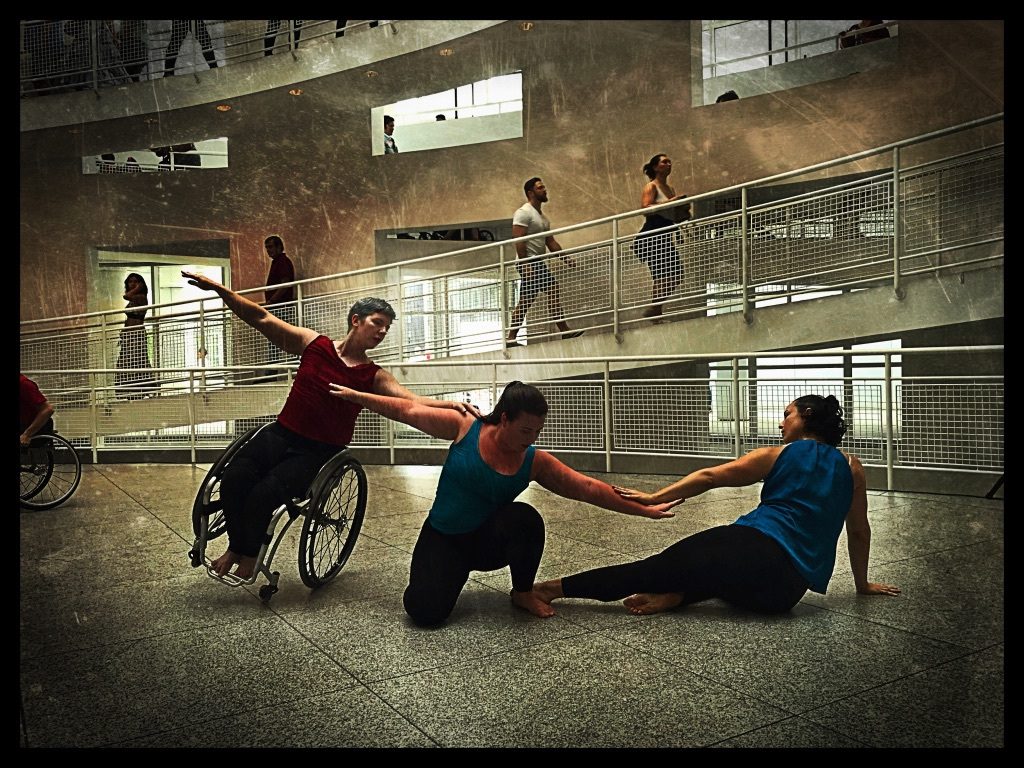
Melissa McCune reports on a recent dance project of Full Radius Dance—a company that integrates disabled and non-disabled dancers—which interpreted the works of artist Jean-Michel Basquiat. As a child, Basquiat experienced a debilitating injury that greatly influenced his art. Encountering groundbreaking works such as these, McCune explains, can help clinicians look beyond basic anatomy to see the “layered nature” of pain and disability.
“What is saving you now?”

None of us could ever have imagined that we would be a part of one of the generations of history. But our challenge has arrived. In an inspirational message, JHR Editor-in-Chief Dr. Sarah Blanton examines what it means to navigate these uncertain times. She demonstrates how a humanities perspective can well be what saves us and makes us stronger. “I truly believe this cohort of clinicians, experiencing this pandemic, will emerge with exceptional levels of resiliency, compassion, cognitive flexibility, and critical thinking skills…,” she concludes. “Our world will be remarkable in ways we have yet to imagine.”
Profiles in Professionalism With Carol M. Davis
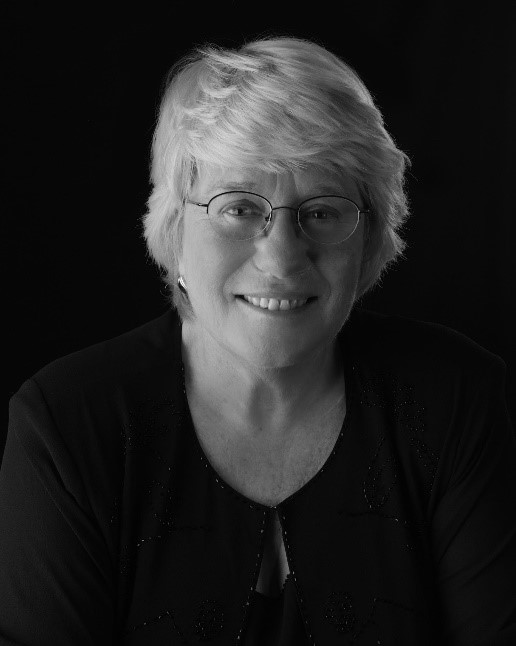
In this personal and insightful interview, Dr. Carol M. Davis relates her process of becoming a physical therapist, noting that the road to professionalism involves a willingness to “mature into oneself.” Describing her experiences working with students entering the field of physical therapy, she illustrates why studying the humanities helps students move beyond viewing their work as merely an occupation. Her reflections steer us towards a deeper understanding of what it means to be an extraordinary professional.
My Journey Using Art as Physical Therapy
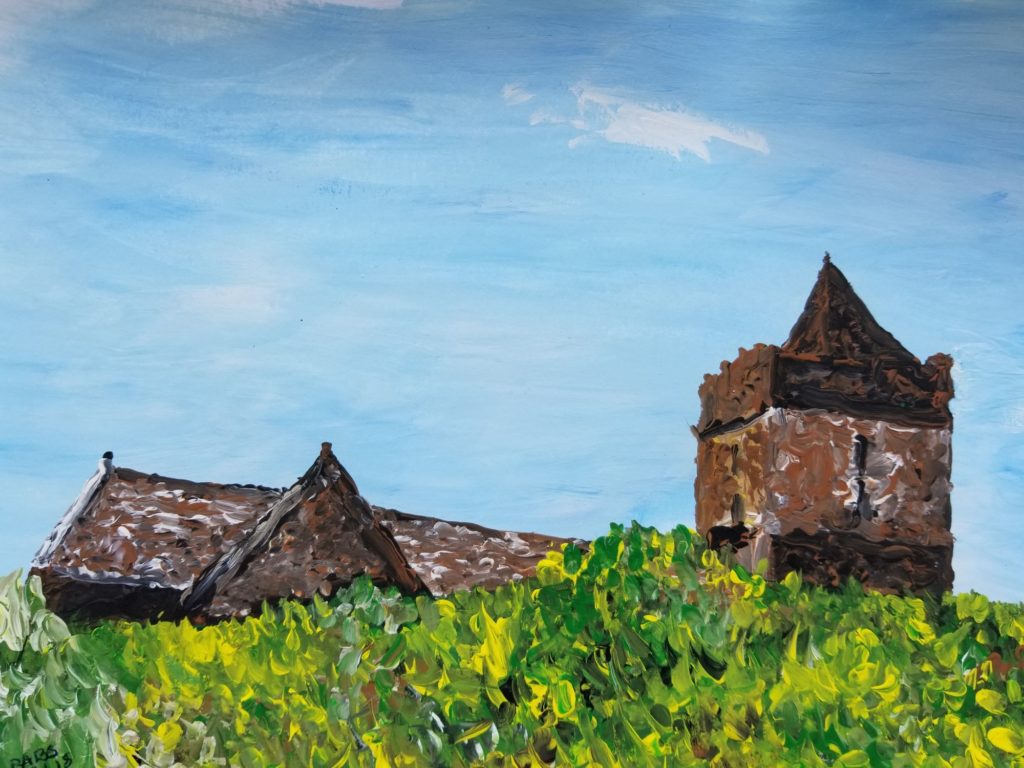
Babs McDonald describes her journey toward recovery from an ischemic stroke through painting and sketching. Through numerous examples of her artwork, she details her experiences pushing through impairment to create images chronicling her life. Based on her success, she advocates for the use of fine art techniques to foster upper limb movement in stroke survivors. Creating her art, she says, has taught her that “there are no failures in my recovery, only new challenges.”
Dynamic Autonomy in Chronic Pain Management: Frida Kahlo Illustrates
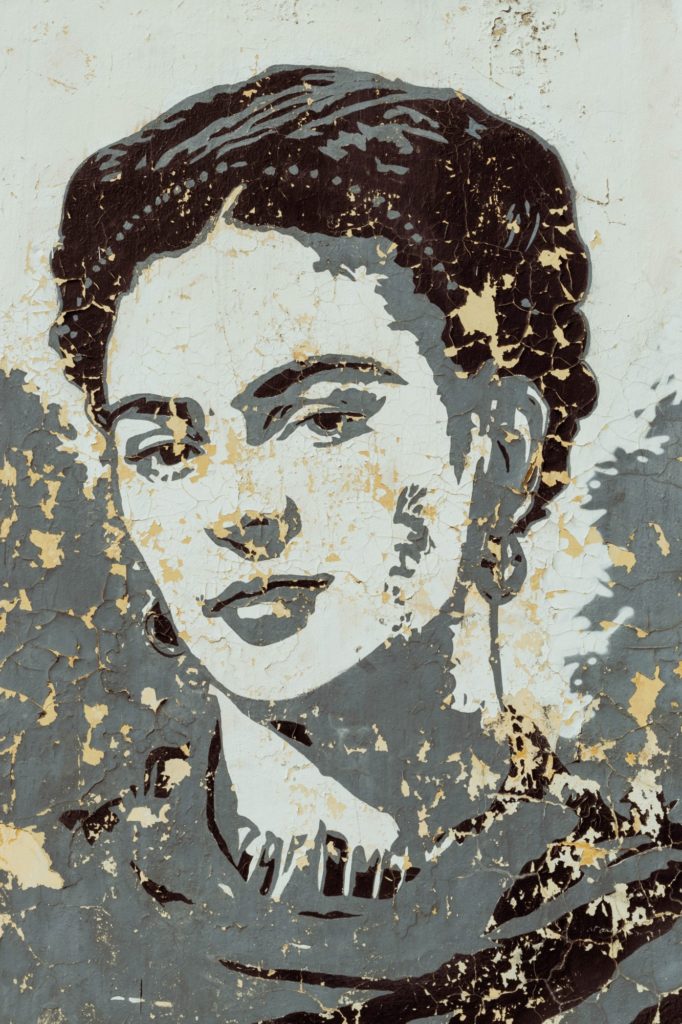
As today’s healthcare professionals struggle to address the challenges of chronic-pain management, Debra Gorman-Badar argues that current multidisciplinary programs are missing a crucial component: an updated conception of patient autonomy. She details how expressive therapies help patients integrate their chronic-pain experiences into their lives and promote healing self-knowledge—as Frida Kahlo did through her remarkable paintings.

